Summaries of books about International Relations:
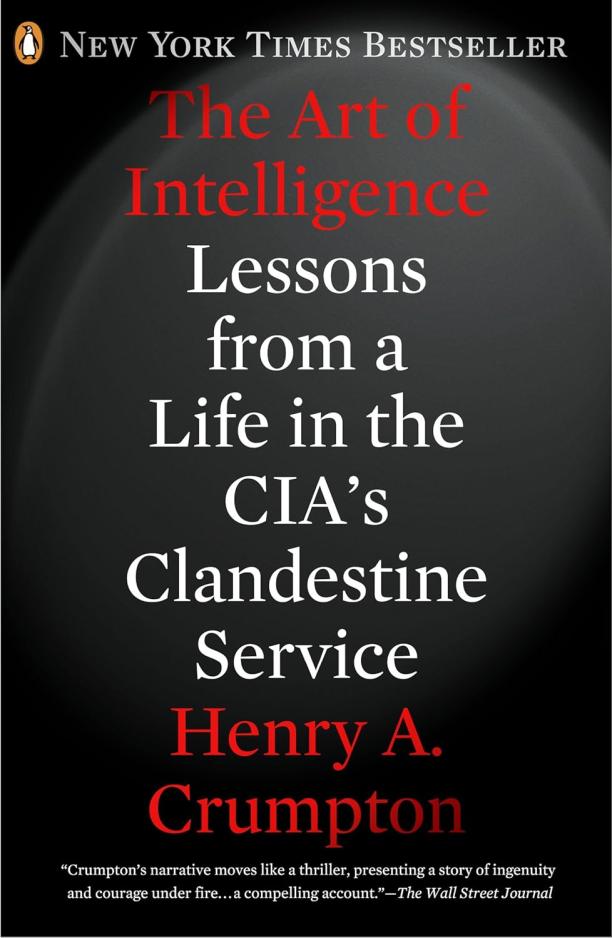
The Art of Intelligence
Lessons from a Life in the CIA's Clandestine Service
Henry A. Crumpton
The book provides an insider's perspective on the operations of the CIA, sharing experiences, strategies, and lessons learned from a career in espionage and intelligence gathering. It delves into the complexities of global counterterrorism efforts and the evolving nature of intelligence work in the post-9/11 world.
See full summary
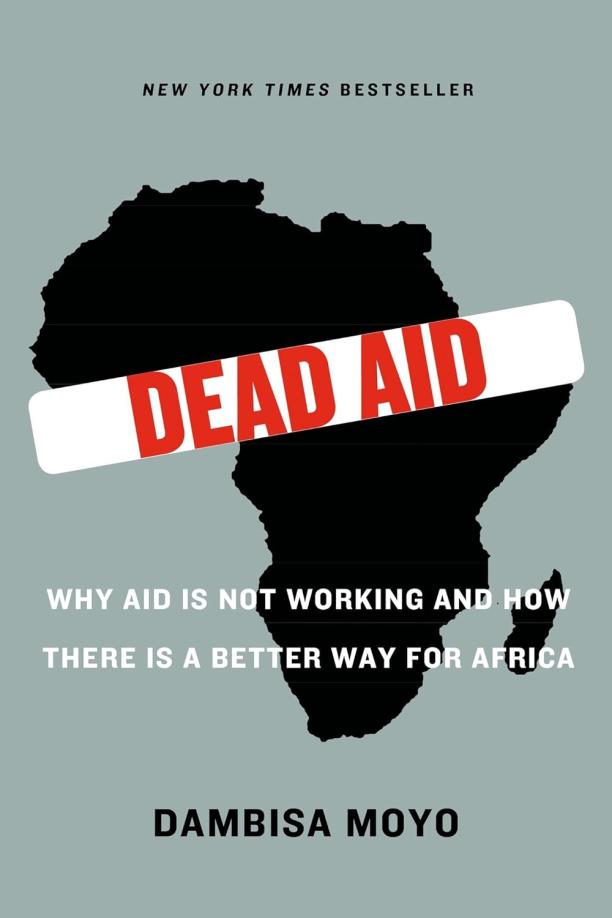
Dead Aid
Why Aid Is Not Working and How There Is a Better Way for Africa
Dambisa Moyo
The book argues that foreign aid has harmed Africa by creating dependency, fostering corruption, and perpetuating poor governance and poverty. It advocates for alternative solutions, including investment, trade, and fiscal discipline, to promote long-term growth and development on the continent.
See full summary
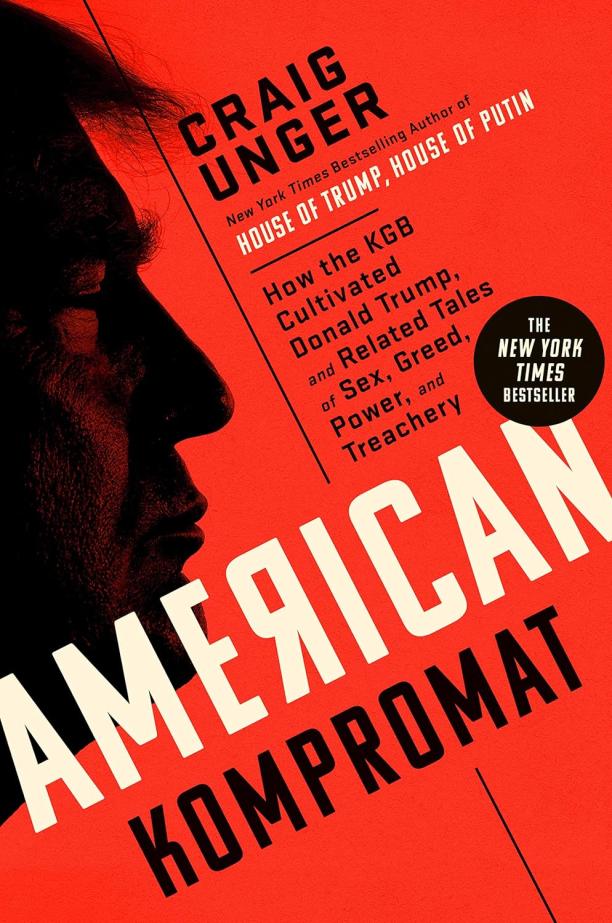
American Kompromat
How the KGB Cultivated Donald Trump, and Related Tales of Sex, Greed, Power, and Treachery
Craig Unger
The book delves into the alleged connections between Donald Trump and Russian intelligence, exploring how Trump may have been compromised or influenced by the KGB and its successors over several decades. It also examines various instances of corruption, espionage, and power dynamics within the context of U.S.-Russia relations, presenting a narrative of manipulation and betrayal.
See full summary
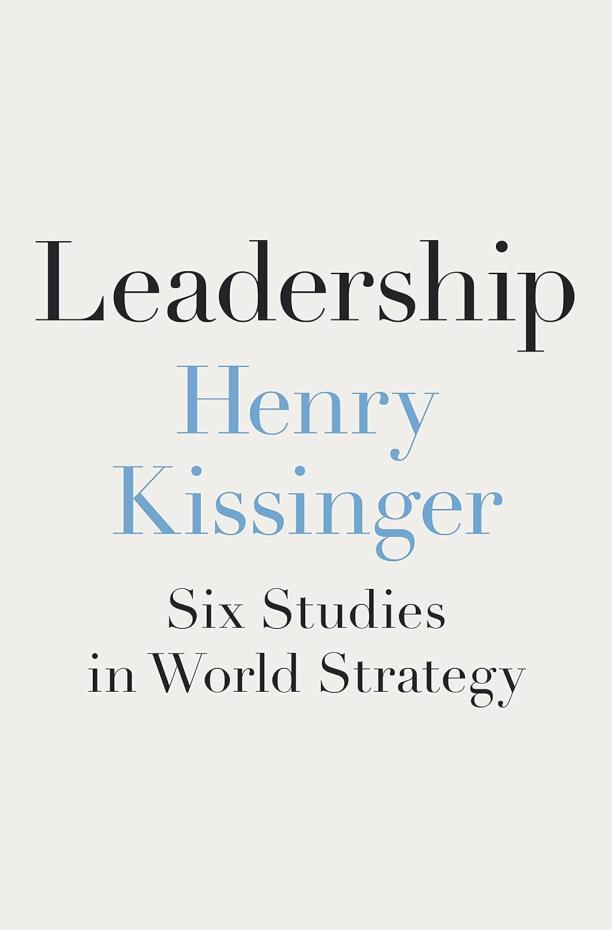
Leadership
Six Studies in World Strategy
Henry Kissinger
The book presents a series of detailed profiles of six 20th-century leaders: Konrad Adenauer, Charles de Gaulle, Richard Nixon, Anwar Sadat, Lee Kuan Yew, and Margaret Thatcher, examining their unique strategies and the impacts of their leadership on world affairs. Through these case studies, it explores the complexities of statecraft, diplomacy, and the influential roles these individuals played on the global stage.
See full summary
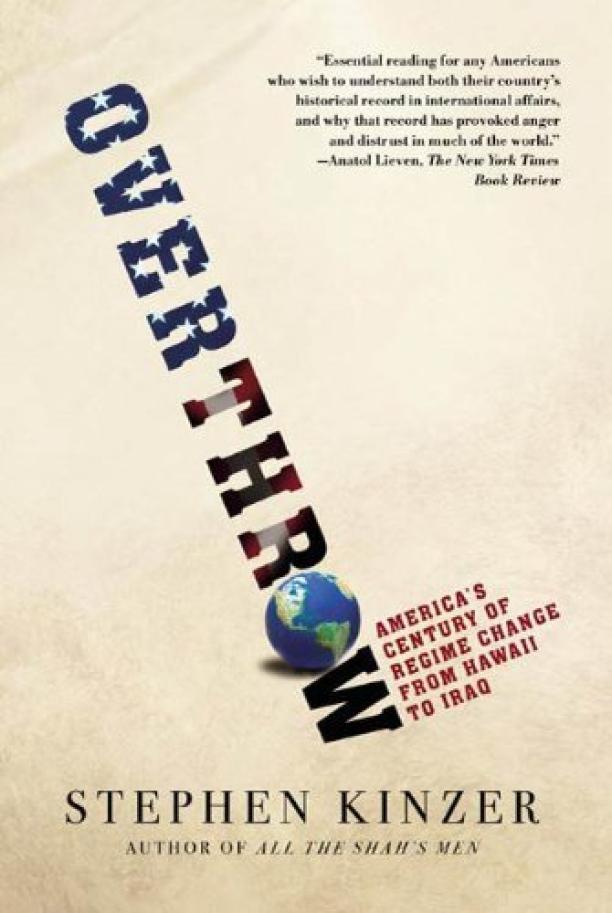
Overthrow
America's Century of Regime Change from Hawaii to Iraq
Stephen Kinzer
The book chronicles the history of the United States' involvement in orchestrating coups and supporting regime changes in various countries around the world, from the late 19th century to the early 21st century. It provides detailed accounts of American interventions in nations such as Hawaii, Iran, Guatemala, Chile, and Iraq, examining the motivations behind these actions and their long-term consequences.
See full summary
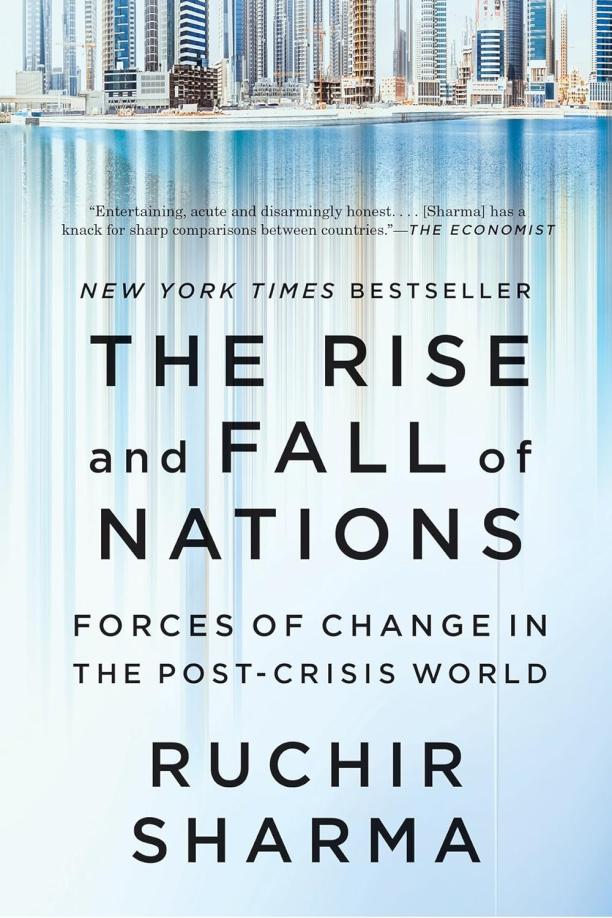
The Rise and Fall of Nations
Forces of Change in the Post-Crisis World
Ruchir Sharma
The book examines ten factors, such as demographics, politics, and geography, that can predict a nation's future economic success or decline in the post-2008 financial crisis world. It provides a framework for identifying countries with the potential for growth and those at risk of stagnation, using a blend of economic analysis, personal anecdotes, and on-the-ground reporting.
See full summary
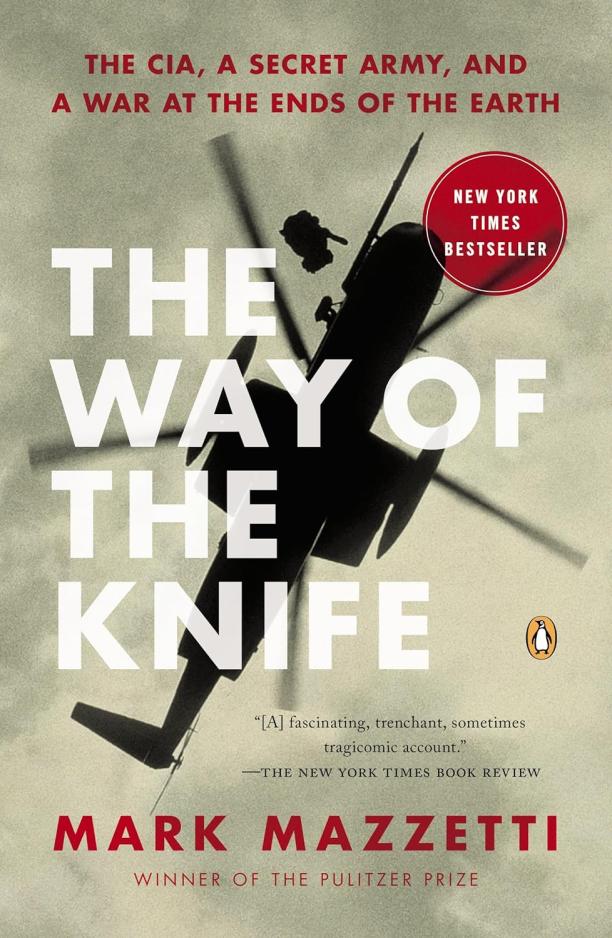
The Way of the Knife
The CIA, a Secret Army, and a War at the Ends of the Earth
Mark Mazzetti
The book delves into the transformation of the CIA and American special operations forces into manhunting and killing machines in the post-9/11 era, focusing on covert operations and drone warfare in places like Pakistan, Yemen, and Somalia. It examines the blurring lines between soldiers and spies, and the ethical, political, and strategic implications of this new way of waging war.
See full summary
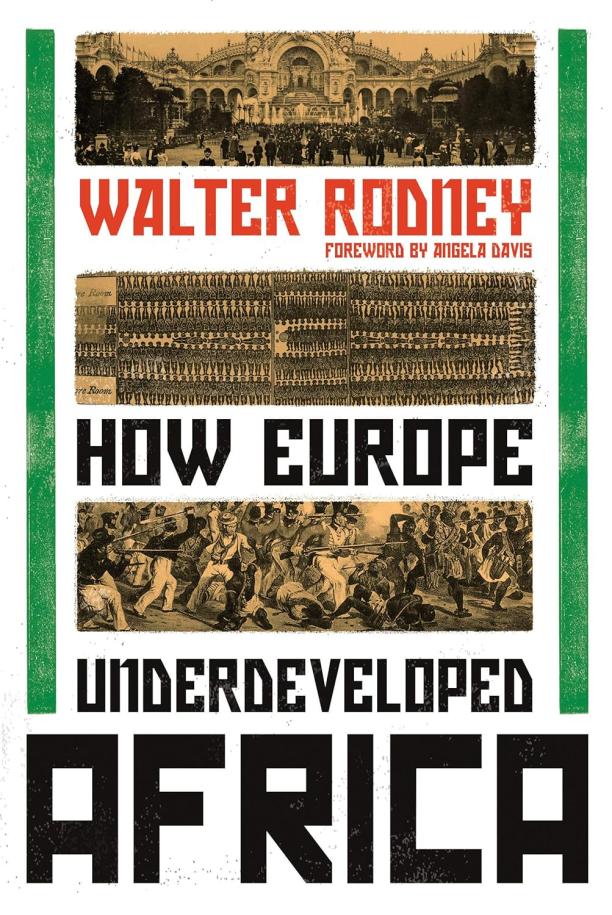
How Europe Underdeveloped Africa
Walter Rodney
The book presents a historical analysis of the impact of European colonialism on the economic and social development of Africa, arguing that the continent's current underdevelopment is a direct result of exploitative policies and practices that benefited Europe at Africa's expense. It examines the mechanisms of colonial domination, the complicity of African leaders, and the long-term effects on post-colonial African states.
See full summary
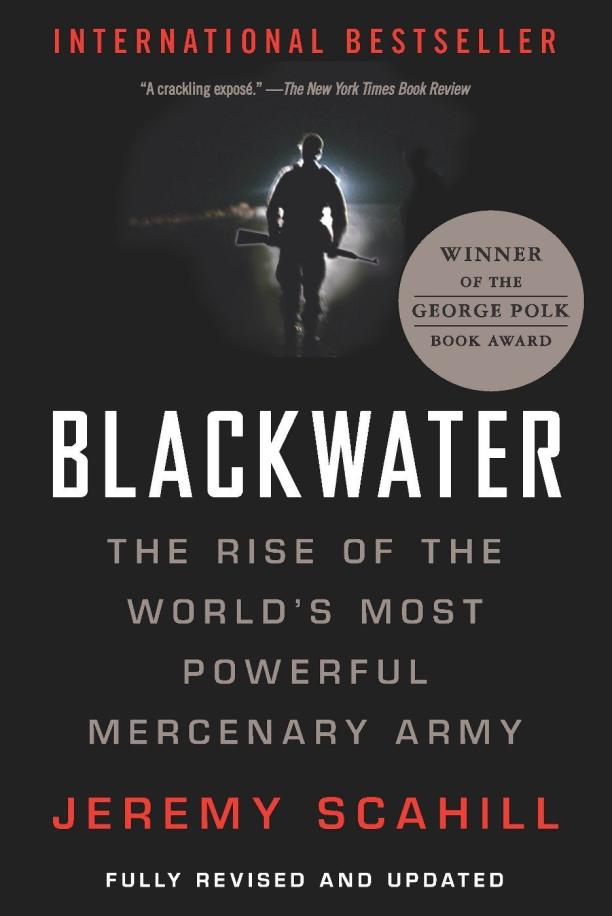
Blackwater
The Rise of the World's Most Powerful Mercenary Army
Jeremy Scahill
The book investigates the private military company Blackwater USA, detailing its operations and growth post-9/11, including controversial actions in Iraq and Afghanistan. It examines the company's impact on foreign policy, military privatization, and its role in defining modern warfare and security.
See full summary
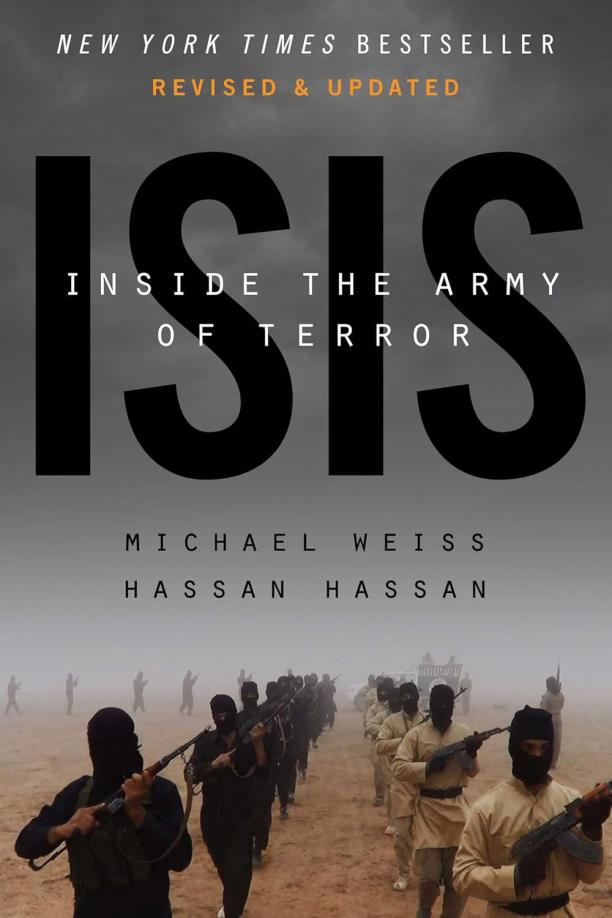
ISIS
Inside the Army of Terror
Michael Weiss|Hassan Hassan
The book provides an in-depth analysis of the origins, strategies, and ideologies of the Islamic State, drawing on interviews and on-the-ground reporting. It explores the group's impact on global security and the geopolitical dynamics of the Middle East.
See full summary